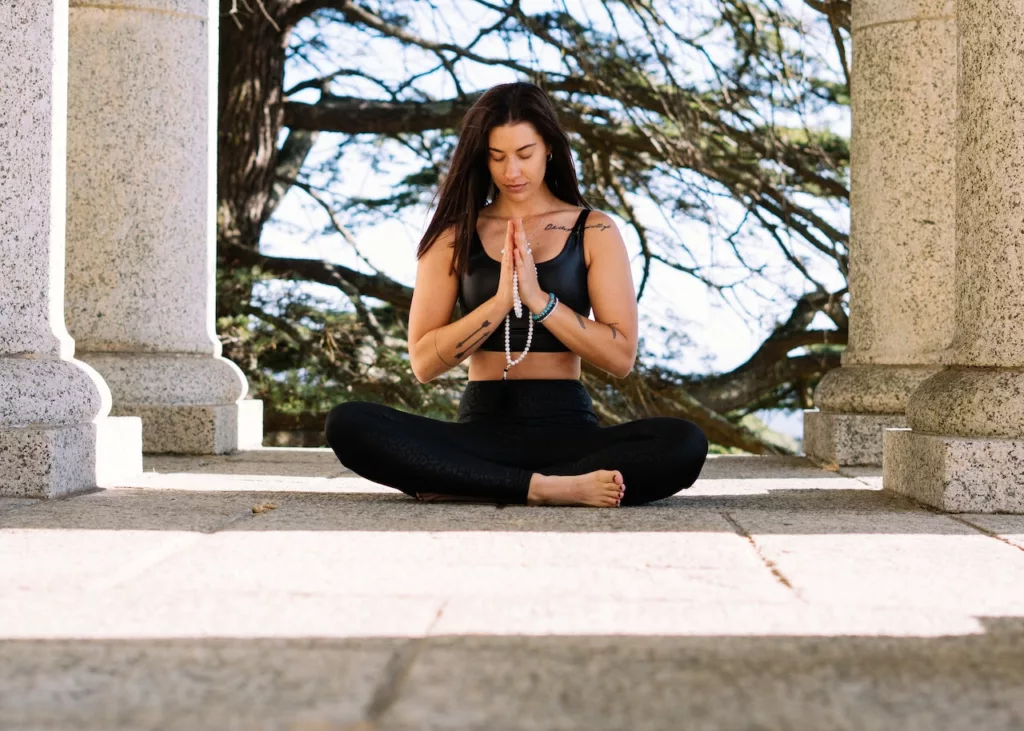
Introduction to Mindfulness Oriented Recovery Enhancement (MORE)
Mindfulness Oriented Recovery Enhancement (MORE) is an innovative and integrative approach to addiction recovery and mental health. Developed by Dr. Eric Garland, MORE combines mindfulness practices, cognitive-behavioral therapy (CBT), and positive psychology to help individuals overcome addiction, reduce stress, and improve overall well-being. But, what makes MORE stand out from other recovery approaches?
The Core Principles of MORE
At its core, MORE focuses on three essential principles:
- Mindfulness: Cultivating non-judgmental, present-moment awareness to better understand one’s thoughts, emotions, and bodily sensations.
- Reappraisal: Changing how one perceives and interprets life events, thereby promoting healthier emotional responses.
- Savoring: Enhancing positive emotions and well-being by fully appreciating and enjoying everyday experiences.
By integrating these principles into daily life, individuals can develop the skills needed to overcome addiction and foster lasting change.
The Science Behind Mindfulness Oriented Recovery Enhancement
Research on MORE has shown promising results in various populations, including those struggling with substance use disorders, chronic pain, and mental health issues. Studies have demonstrated that MORE can effectively reduce cravings, improve emotional regulation, and enhance overall well-being. How does this approach achieve these outcomes?
The Benefits of Mindfulness Oriented Recovery Enhancement
Reduced Cravings and Relapse Prevention
Mindfulness practices in MORE help individuals become more aware of their cravings and triggers, allowing them to respond more effectively. By developing a non-judgmental awareness of these experiences, individuals can reduce the intensity of cravings and increase their ability to resist relapse.
Improved Emotional Regulation
MORE teaches individuals to reappraise and reframe negative thoughts and emotions, promoting healthier emotional responses. As a result, individuals can better manage stress and reduce the risk of relapse due to emotional triggers.
Enhanced Well-being and Resilience
Through savoring and positive reappraisal, MORE fosters an appreciation for everyday experiences and promotes positive emotions. This increased well-being and resilience can help individuals maintain their recovery and navigate life’s challenges with greater ease.
The Techniques Used in Mindfulness Oriented Recovery Enhancement
Mindfulness Meditation
At the heart of MORE is mindfulness meditation, a practice designed to cultivate present-moment awareness without judgment. Regular mindfulness meditation can help individuals develop greater self-awareness, self-regulation, and emotional balance.
Savoring and Positive Reappraisal
Savoring involves fully appreciating and enjoying positive experiences, while positive reappraisal teaches individuals to reinterpret negative events in a more constructive light. These techniques can help boost well-being and increase resilience in the face of adversity.
Cognitive Reappraisal and Reframing
Cognitive reappraisal and reframing are essential components of cognitive-behavioral therapy, which aims to change maladaptive thought patterns and behaviors. By learning to recognize and reframe unhelpful thoughts, individuals can improve their emotional regulation and reduce the risk of relapse.
Integrating MORE into Your Recovery Journey
Finding a Mindfulness Oriented Recovery Enhancement Practitioner
To begin incorporating MORE into your recovery journey, it’s important to find a qualified practitioner. Many therapists and addiction counselors have received training in MORE and can help guide you through the process.
Incorporating Mindfulness Oriented Recovery Enhancement with Other Recovery Approaches
Combining MORE with 12-Step Programs
MORE can be a valuable addition to traditional 12-step programs, as it offers complementary tools for managingcravings, emotions, and stress. By integrating mindfulness and positive psychology techniques, individuals can enhance their recovery experience and overall well-being.
Using MORE alongside Therapy
MORE can also be used in conjunction with other therapeutic approaches, such as individual counseling, group therapy, or family therapy. By combining MORE with these additional support systems, individuals can create a comprehensive and tailored recovery plan.
Conclusion
Mindfulness Oriented Recovery Enhancement (MORE) offers a unique and integrative approach to addiction recovery and mental health. By combining mindfulness practices, cognitive-behavioral therapy, and positive psychology, MORE empowers individuals to overcome addiction, improve emotional regulation, and enhance overall well-being. By incorporating MORE into your recovery journey, you can develop the skills and resilience needed to foster lasting change and live a more fulfilling life.
For more informations about MORE, check out this great Overview from the university of Utah.
FAQs
1. What is Mindfulness Oriented Recovery Enhancement (MORE)?
MORE is an integrative approach to addiction recovery and mental health that combines mindfulness practices, cognitive-behavioral therapy, and positive psychology. It aims to help individuals overcome addiction, reduce stress, and improve overall well-being.
2. How does Mindfulness Oriented Recovery Enhancement differ from other recovery approaches?
MORE integrates mindfulness, cognitive-behavioral therapy, and positive psychology techniques, focusing on reducing cravings, improving emotional regulation, and enhancing well-being. This comprehensive approach sets it apart from more traditional recovery methods.
3. Can MORE be used alongside other recovery methods?
Yes, MORE can be combined with other recovery approaches, such as 12-step programs, individual counseling, group therapy, or family therapy. Integrating MORE with these additional support systems can create a more comprehensive and personalized recovery plan.
4. How do I find a qualified Mindfulness Oriented Recovery Enhancement practitioner?
Many therapists and addiction counselors have received training in MORE. You can search for a qualified practitioner through professional directories, local mental health clinics, or addiction treatment centers.
5. Is there scientific evidence supporting the effectiveness of MORE?
Yes, research on MORE has shown promising results in various populations, including those struggling with substance use disorders, chronic pain, and mental health issues. Studies have demonstrated that MORE can effectively reduce cravings, improve emotional regulation, and enhance overall well-being.
